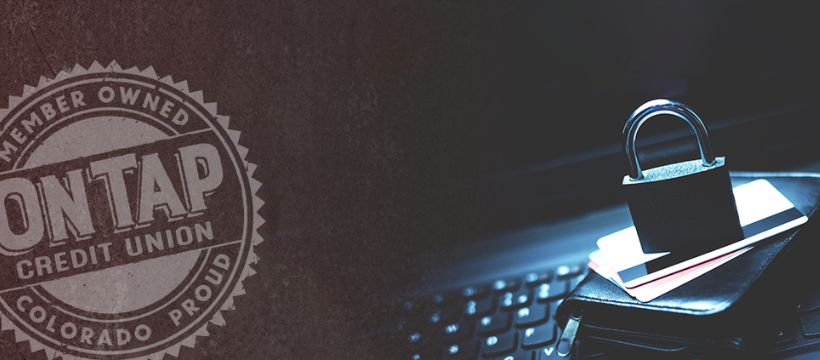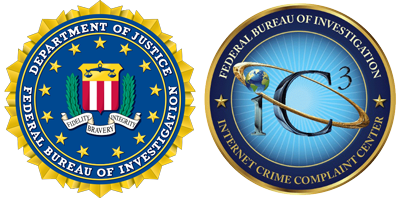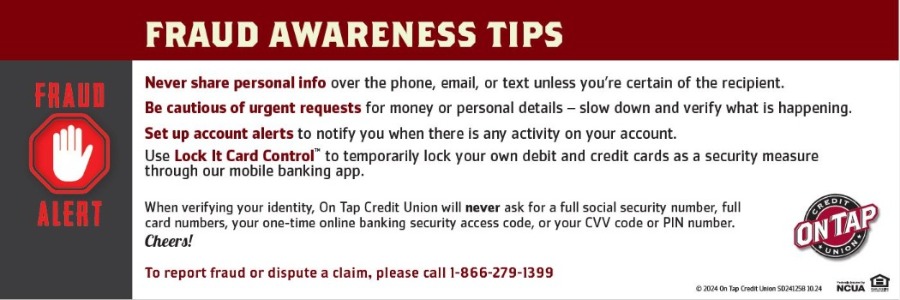

Fraud Alerts
Stay On Top Of The Latest Schemes And Learn How To Protect Yourself
Here at On Tap, we do our best to stay ahead of the latest scams, Internet crimes and fraudulent solicitations that many fall victim to every day. We feel it is important to relay this information to our members so they can avoid being victims themselves.
What you should know:
When asking to verify your identity, On Tap Credit Union will NEVER ask for:
A full social security number
Full card numbers
A one-time online banking security access code
The CVV code or PIN for a card
On Tap Credit Union will never ask you for your information through text, phone, or online and this includes pop-up messages. If you ever receive a pop-up survey on your web browser requesting account information, social security number, or card numbers, do not respond. If you have responded with personal information, call the Contact Center at 303.279.6414 for assistance. You can also log in to Online/Mobile Banking to block your card.
How To Set Account Alerts and Lock Cards With Online Banking
On Tap Credit Union has established safeguards to help protect our members' information
- Free Credit Report Reviews – We welcome our members to come in for a free financial analysis that includes a review of their credit report. We can help them review the details of their report to ensure accuracy and help them discover opportunities to save money and make money.
- Lock It Card Control™ - We provide Lock It Card Control as a security measure for our members available in our mobile banking app. This allows members to temporarily lock their own debit and credit cards.
- EMV Chip Credit and Debit Cards and OmniShield® - These smart chip cards generate a unique transaction code every time the card is used, providing valuable security. In addition, our new EMV chip card has an added security feature called OmniShield® that scans your card activity 24/7. With OmniShield®, if fraudulent debit or credit card activity is detected on your account, you will be contacted by a representative to verify the transaction
- E-statements - We encourage members to use e-statements to review accounts, balances and activity to help avoid mail fraud.
- Multi-Factor Authentication on Online & Mobile Banking - On Tap Credit Union utilizes a second layer of security by requiring members to enter a Secure Access Code, further helping us authenticate members and safeguard their information.
On Tap Credit Union recommends that all of our members take their credit and identity protection seriously. If you think your account or personal information has been compromised, contact us right away. If you are a victim of identity theft, we will help you work through the steps you need to take to protect yourself and your credit.
Contact one of our Financial Advocates for assistance.
Watch and Learn - Cybersecurity Awareness from our Partners at go West
Practical Knowledge for a Dangerous World
 |
Are you aware of an Internet crime?Click the link below to file a Complaint with the IC3.
|




.png)

.png)
.png)